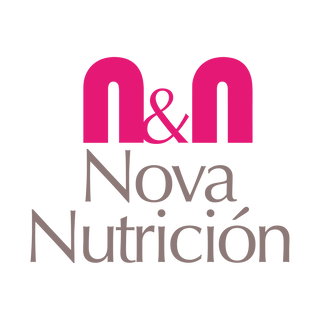
To date, it was known that astaxanthin from the Haematoccus Pluvialis algae had antioxidant properties, but not all the benefits of a carotenoid that is surprising for its versatility in preventing skin burns, sun protection and skin protection had been revealed. Numerous studies have revealed that astaxanthin increases muscle endurance, prevents muscle atrophy and reduces lactic acid (which is produced in greater quantities during intense workouts and culminates in an unpleasant - and familiar - burning sensation in the muscles during an activity. intense and prolonged) . We compile the conclusions of the most relevant studies that have been carried out during the 21st century.
Physical activity and oxidative stress
Although physical activity is recognized as a necessity for maintaining human health, it also promotes the imbalance between reactive free radicals and antioxidant defense mechanisms. This is known as oxidative stress and also increases with age. A high metabolism and greater oxidative stress are a product of age and exercise. This was testified by G.Lac Finaud and E-Filaire for the sports medicine magazine, Sports Med (Pages, 327-358, 2006). In these same studies, it was found that astaxanthin has a much greater capacity to quench singlet oxygen than green tea, coenzyme Q10 or Alpha-lipoic acid.
Clinical studies have confirmed that including astaxanthin in the diet provides extra protection since this carotenoid has the ability to cross the membrane and provide protection from within like no other antioxidant. For its part, in a series of In Vitro systems, astaxanthin has shown that its antioxidant capacity is up to 6,000 times greater than that of the well-known vitamin C (Y. Nishida, E. Yamashita and W. Miki, Carotenoid Science 11, 16 –20, 2007) .
Why astaxanthin improves muscle endurance
In a double-blind study carried out in 2008, the results of 42 healthy men who had been supplemented with 4 milligrams of astaxanthin daily for a period of 6 months were analyzed. The results showed that by maintaining their usual exercise routine the improvements are significant, especially in terms of the levels of lactic acid in the blood, which had decreased significantly (K. Sawaki, et al., Therap. And med) which would influence a reduction of muscle inflammation in the short term and a decreased risk of muscle atrophy as you age.

These results are nothing more than the tip of the Iceberg of astaxanthin, a carotenoid that is demonstrating its quality as an antioxidant, sunscreen and now also an aid to improve muscular resistance.


